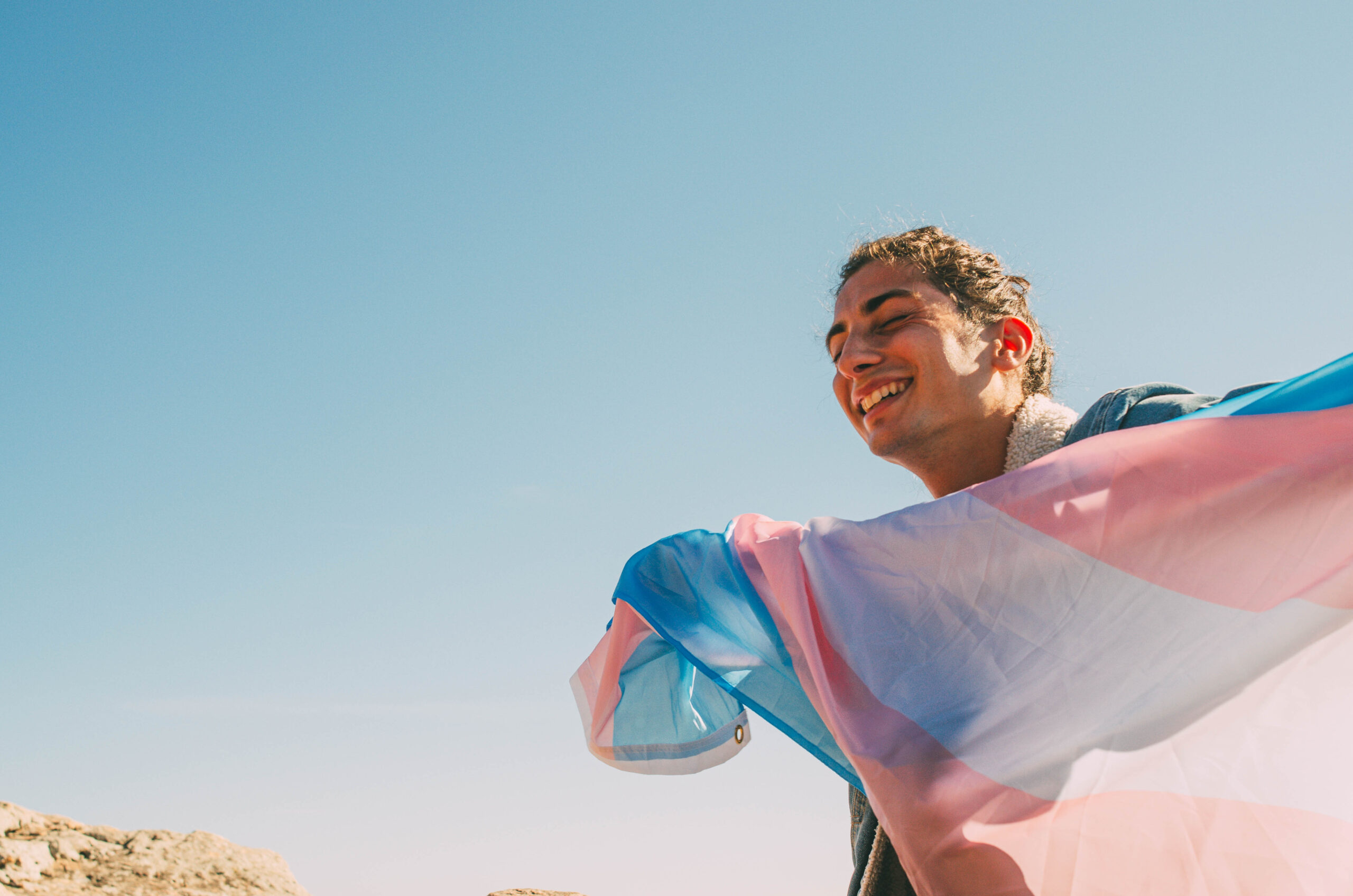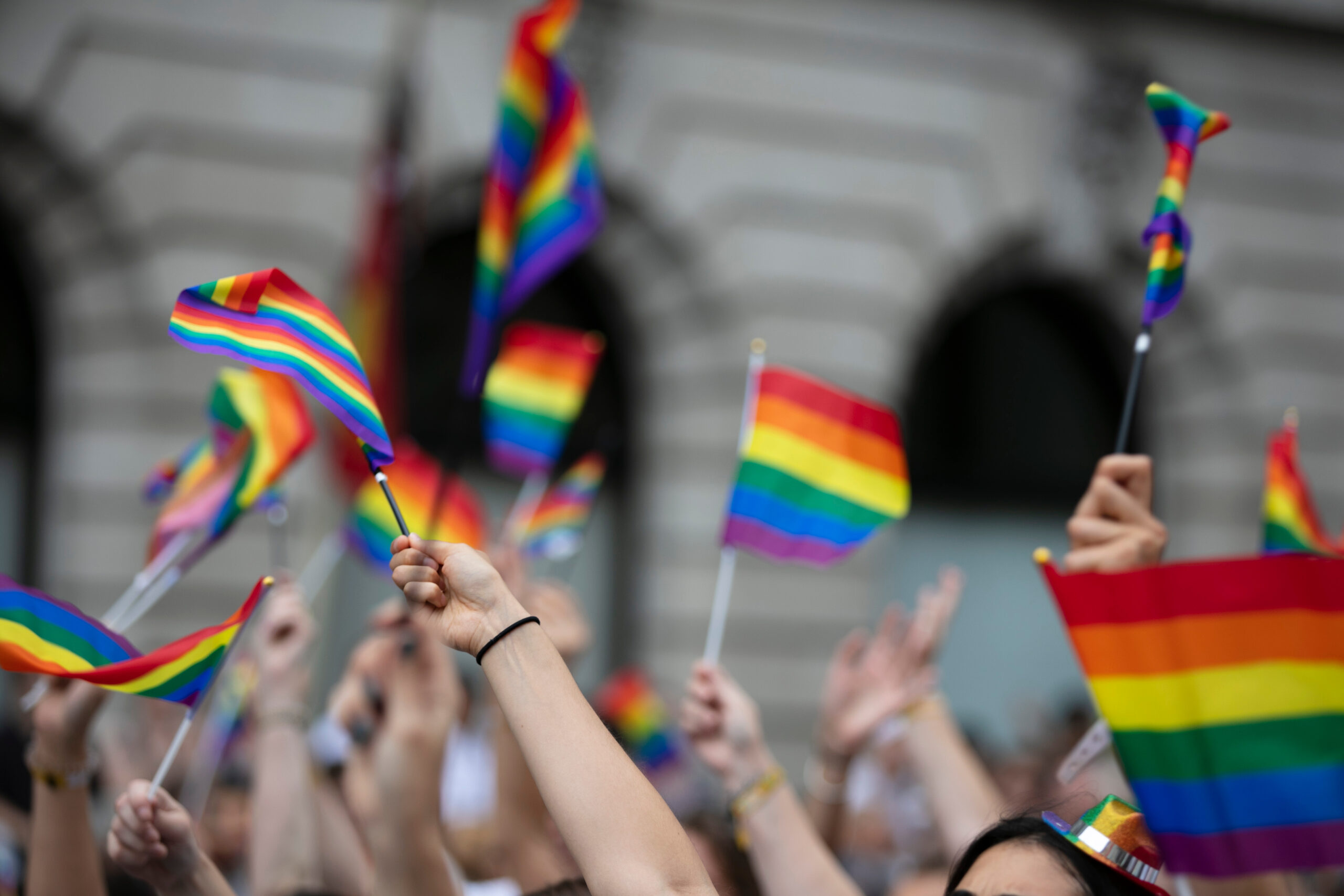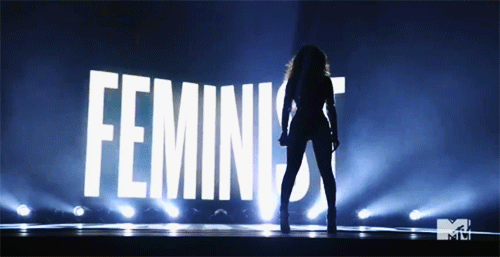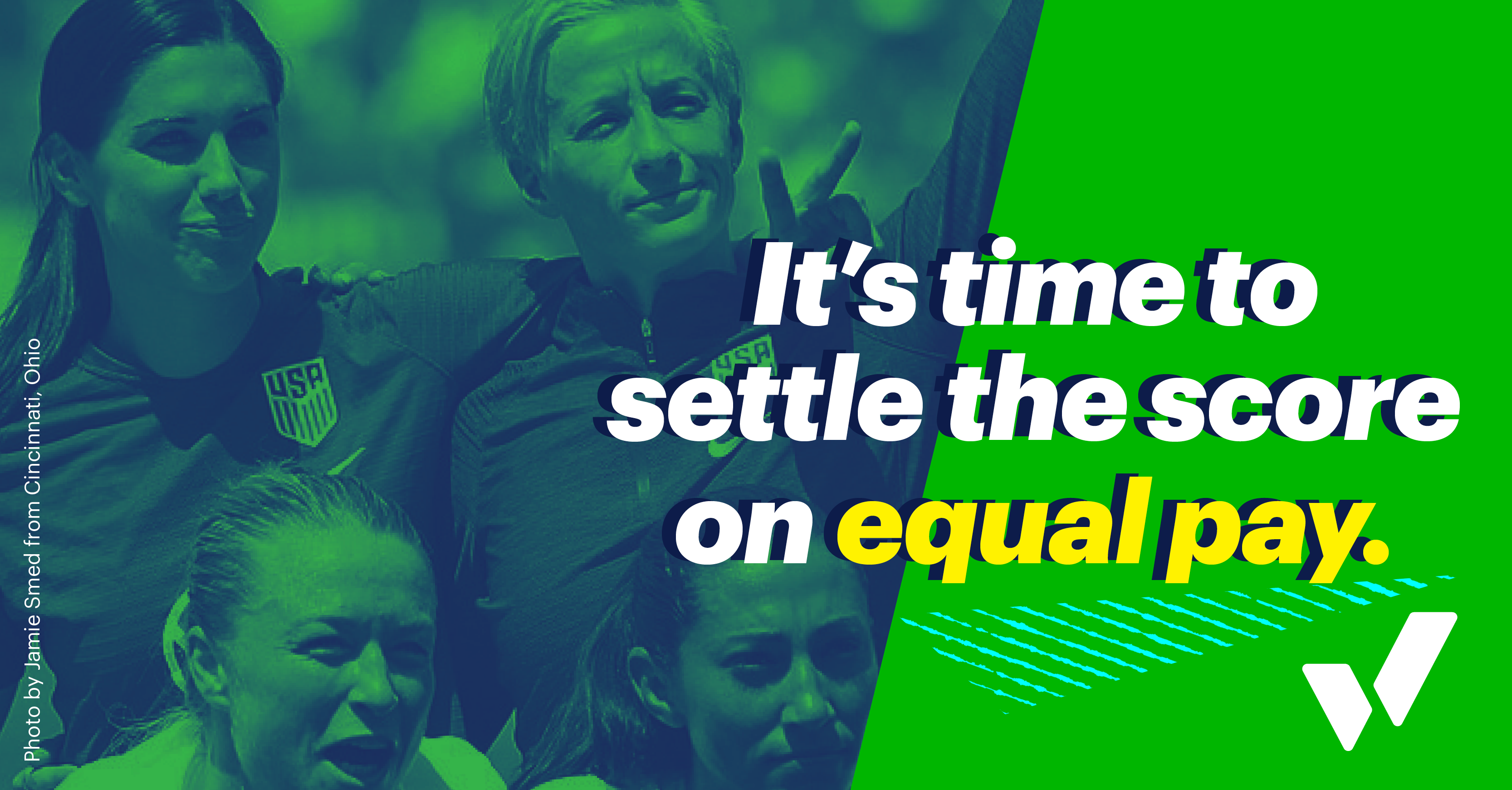Happy Transgender Day of Visibility and Action!

Once again, the National Women’s Law Center’s first message on this day has gotta be, we love trans people! We love trans women and girls, we love nonbinary people, we love gender queer and gender nonconforming people, and all the folks questioning and figuring it out. We recognize the many ways the fight for gender justice is inextricably linked with the movement for trans liberation. Plus, it’s simply a joy on its own to be in community with our trans siblings!
One of the movement connections is simply that we, trans people, challenge strict gender roles by existing—living our daily lives as proof that assigned birth sex is worth about as much as the paper it’s printed on, and proof that sex, overall, is more mutable and squishy than is convenient for those who profit from enforcement of strict gender rules and bioessentialist policies. (“Bioessentialist policies” meaning rules that assume a person’s biology determines their destiny and opportunities).
In some ways, 2023 requires the same energy and dedication as 2022: pushing for gubernatorial vetos of discriminatory laws, contacting our state lawmakers about opposing anti-trans bills (find your action alert here!), and educating ourselves on positive steps. But one new wrinkle in the cesspool of awfulness is our opposition has dropped the façade of claiming their oppression is really about protecting children. They openly name their goal now: eradicating all transgender people. (That includes admitting it in interviews with an often-milquetoast and complicit New York Times). We see this goal of LGBTQI+ eradication in hateful-yet-innovative state proposals like:
- Narrow definitions of “sex” for whole state legal codes, based on reproductive capacity or chromosomes with the endgame of making sure no aspect of public life recognizes who we are as trans people
- Bans on necessary, life-sustaining healthcare for trans people, both youth and adults (as my colleagues have written about in depth here and here)
- Criminal bans on crossdressing and gender nonconformity, aka “drag bans,” that especially seek to ban drag shows, drag story hours, and Pride celebrations
I want to highlight how drag bans particularly pose a grave threat to everyone’s First Amendment rights: the right to free speech, the right of free expression, and the right to assemble/gather with others. Drag is a millennia-old art form, combining fashion, dance, music, comedy, and more, that inspires and builds community. Proponents of laws that ban crossdressing and perceived gender nonconformity are very clear: They want discrimination, arrests, and prosecution of LGBTQI+ people based on the clothes people wear and how people look. This is paired with the harmful stereotype that all LGBTQI+ people are inherently sexual or “prurient” (which means appealing to sexual interest, based on local community standards). Teachers and actors have spoken against state drag bans, pointing out how many beloved Shakespeare works could put theaters in jeopardy under these bans. New polling also shows that drag bans are wildly unpopular, opposed by nearly 60% of voters (including 57% of independents). Underscoring how drag bans are linked to violence and terrorism, “pathetic Nazis” recently firebombed an Ohio church for hosting drag queen story time.
The wave of panic and violence around drag echoes old “masquerade laws,” vague prohibitions on “costumed dress” used by police to criminalize drag and attack queer and trans people throughout the 1940s, 50s, and 60s. Within the LGBTQI+ community, the “Three-Article Rule” later came to summarize informal warnings or references to “rules of thumb” applied by police: You need three articles of clothing matching your assigned birth sex to be safe from arrest. For a person assigned female at birth, that means you could be arrested if caught wearing a pair of pants and a shirt. The tide turned away from crossdressing arrests following the Stonewall uprisings.
The stakes today are simple: Will we have a U.S. where the government dictates what people can read, see, hear, and who we can be around? Or will we enshrine the freedom to exist, as our full selves, in public? If you like being able to make your own decisions about how to cut your hair or what clothes to wear, you should be opposing drag bans and showing up to make sure LGBTQI+ gatherings and performances are safe.
Again, happy Transgender Day of Visibility from all of us at NWLC, dressing our own way & looking great in the process.




